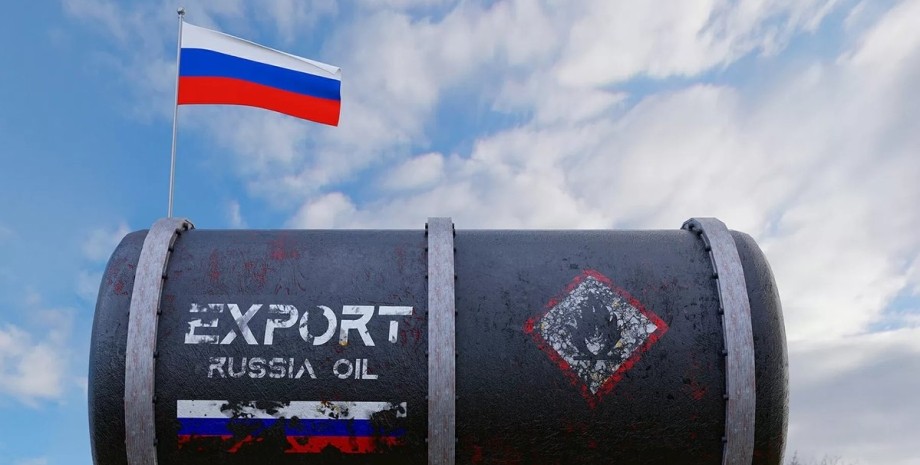
"A steady increase in cheese oil prices from July to more than $ 95 per barrel in combination with a decrease in a discount on its own oil will cause the Kremlin's income from oil from 2023 to at least $ 15 billion more than it could be", " - notes FT. The publication, referring to experts, suggests that the Russian Federation increasingly punches the price "ceiling" established by the countries of the "Great Seven" and the European Union.
For example, according to FT, almost ¾ of all Russian oil supplies only in August were passed without Western insurance, which is a remarkable lever used to comply with the price limit for Russian oil at $ 60 per barrel. That is, Russia has created the so -called "dark fleet" of oil tankers capable of working without western insurance and other services.
"This change is a double blow to the efforts of the West aimed at limiting Russia's income from the sale of oil, which make up the largest part of the Kremlin's budget after its full -scale invasion of Ukraine," the newspaper reads. At the same time, the Russian Federation every time "improves" its unlawful schemes for the sale of petroleum products, with such actions of Russians coincide with a significant increase in oil prices, which have already exceeded the $ 95 per barrel.
"Given changes in how Russia ships oil, it can be very difficult to ensure that the upper price ceiling is observed in the future. Levers of influence, " - recognizes the economist of the London School of Economics Ben Hilgenstok. FT summarizes that the military budget of the Russian aggressor will receive more income from oil exports, although the Benzocolone country faces serious problems in the domestic oil market. Yes, the Russian Federation has banned the export of diesel and other fuels.
This was due to the high demand for these energy resources during seasonal agricultural work, but some Western experts fear that this is how Putin was trying to destroy the oil market, as he did it with the natural gas market last year. "While the EU and the United States have largely banned the import of Russian oil, the price ceiling established by the" Great Seven "was intended to ensure the flow of Russian oil into the world markets. The goal was to prevent the reduction .
Since Russia once depended on Western services in the supply of its oil to the market, "Big Simka" believed that Moscow would not have another choice but to obey it, "the newspaper writes. Recall that the average price for the main brand of Russian oil Urals in January - August this year decreased 1. 45 times compared to the indicator of the same period of 2022 and amounted to $ 56. 58 per barrel. In addition, in the first half of 2023, Russia's oil and gas revenues collapsed by almost 50%.










All rights reserved IN-Ukraine.info - 2022